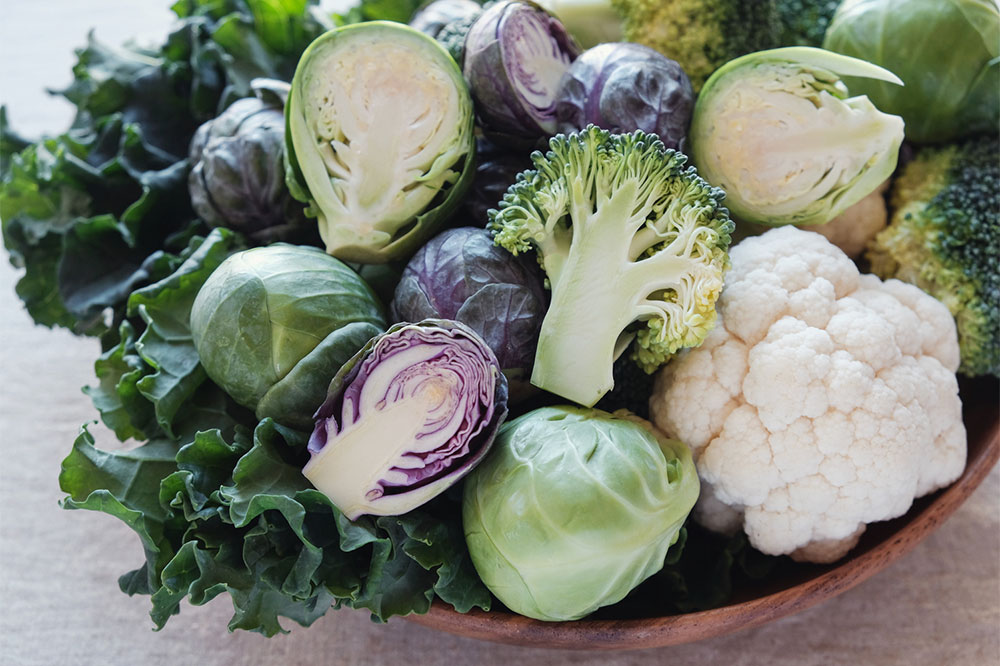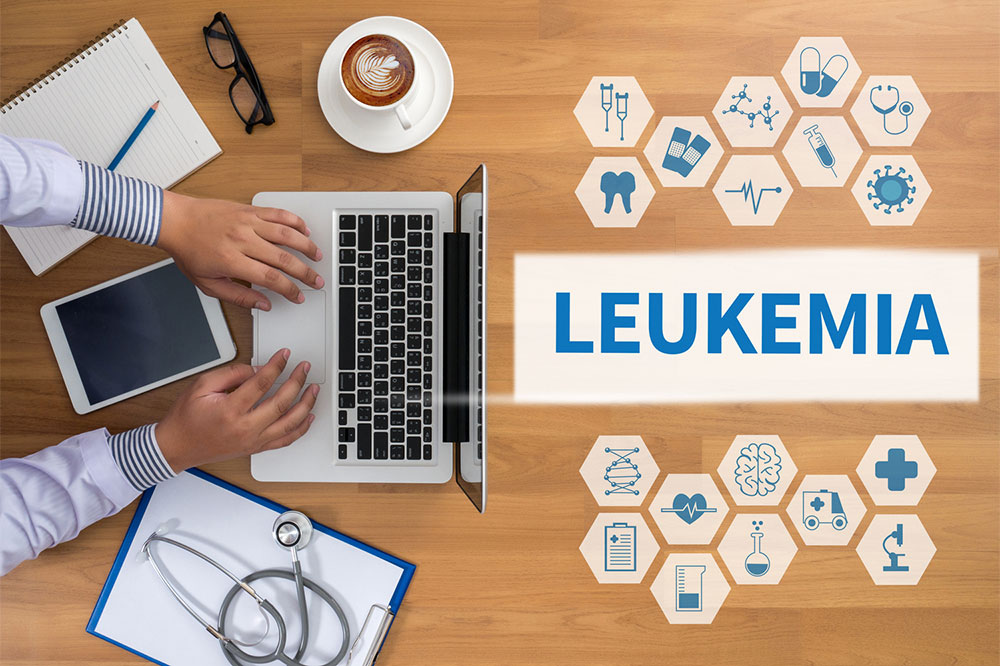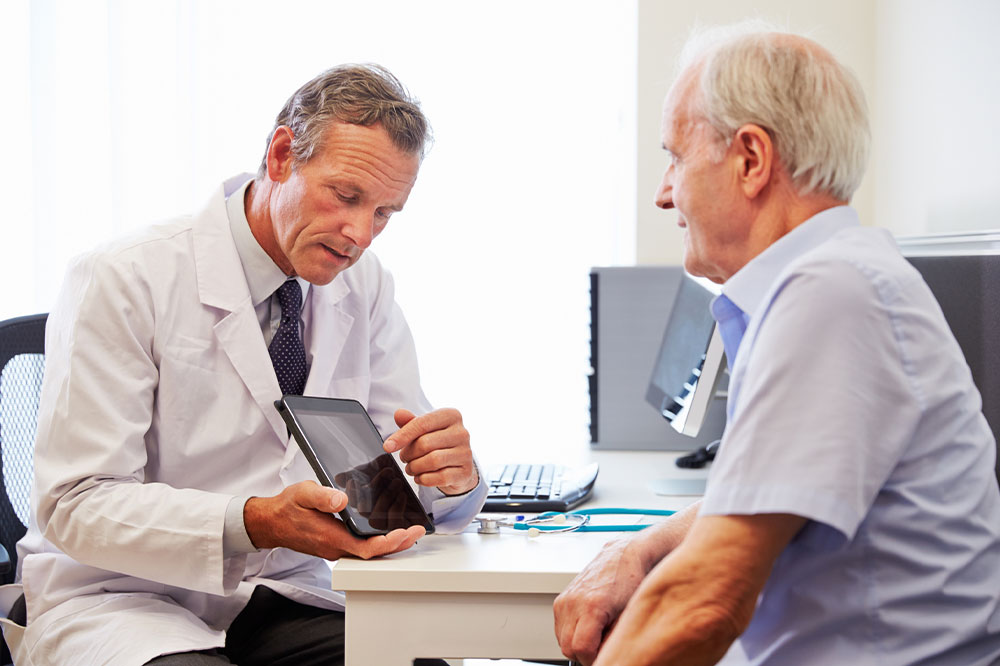7 foods that help reduce the risk of cancer

In a world where most ready-to-eat meals contain excess fats and calories, finding a balance becomes necessary. The food one consumes helps maintain overall health, reduces the risk of a disease, and hastens the recovery process. This is particularly true in the case of cancer. While no food can cure cancer, intake of certain vegetables, such as the ones given below, may reduce its risk. This article additionally touches upon options for cancer treatment.
7 Foods That Help Reduce the Risk of Cancer
Berries
Berries like blackberries, mulberries, strawberries, and blueberries are rich sources of vitamin C, folate, potassium, and manganese. They also contain a high amount of antioxidants, including ellagic acid, gallic acid, and chlorogenic acid, and have anti-cancer properties.
Garlic
Garlic is a vegetable that contains an active compound called allicin. One study concluded that people who ate a large number of allicin-rich vegetables such as garlic, onions, leeks, and shallots had a lower risk of stomach cancer.
Tomato
According to some experts, this fruit is a cancer-fighting superfood. Tomatoes contain lycopene, which is an antioxidant phytochemical that keeps away heart diseases. They are, additionally, a rich source of vitamin A, C, and E, all nutrients that help reduce the risk of cancer.







